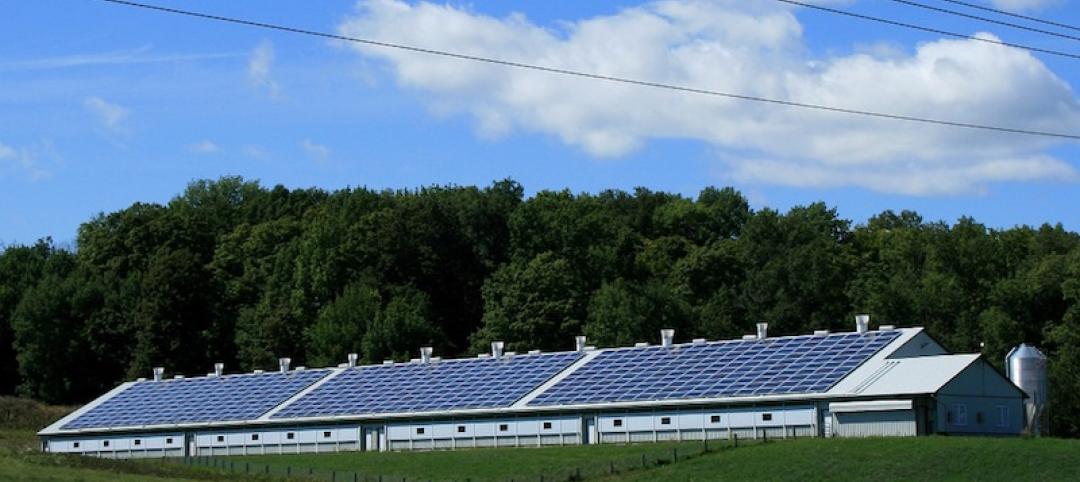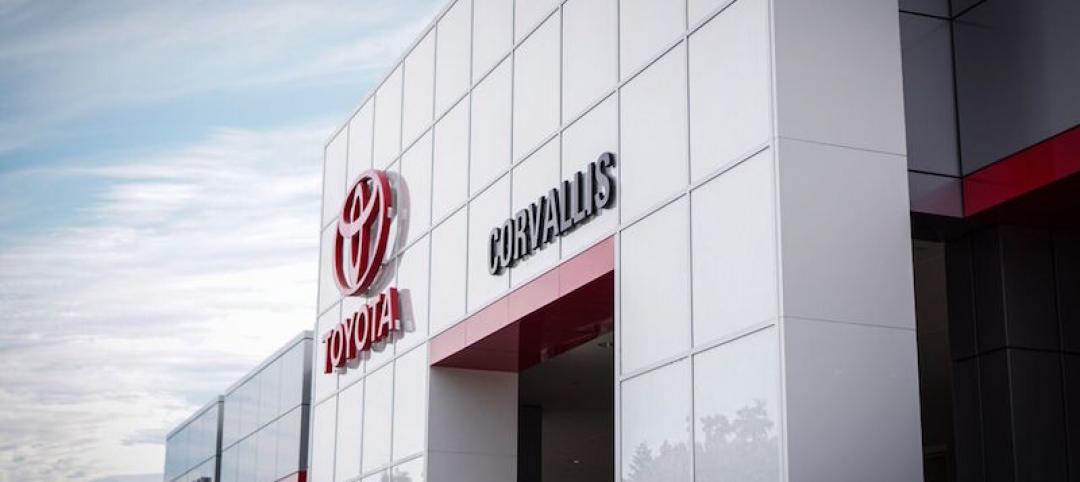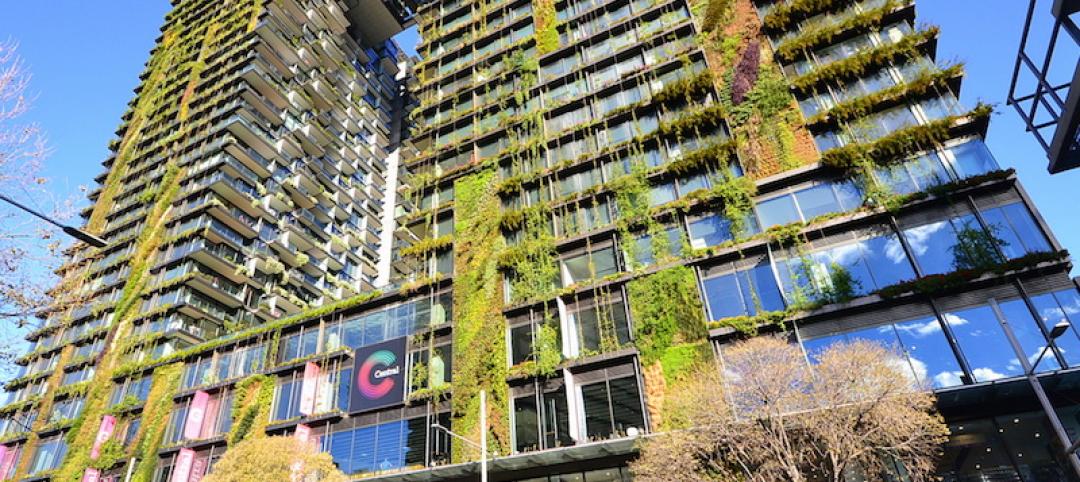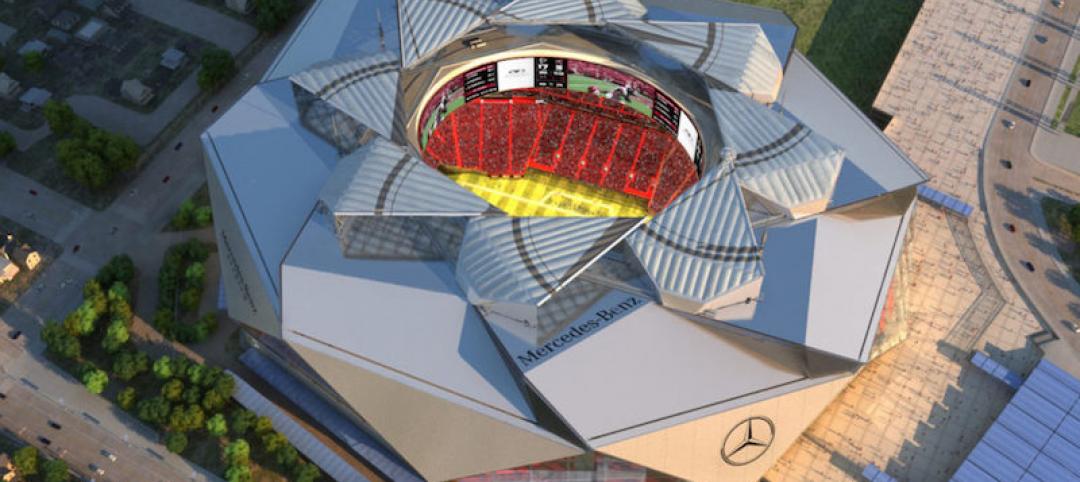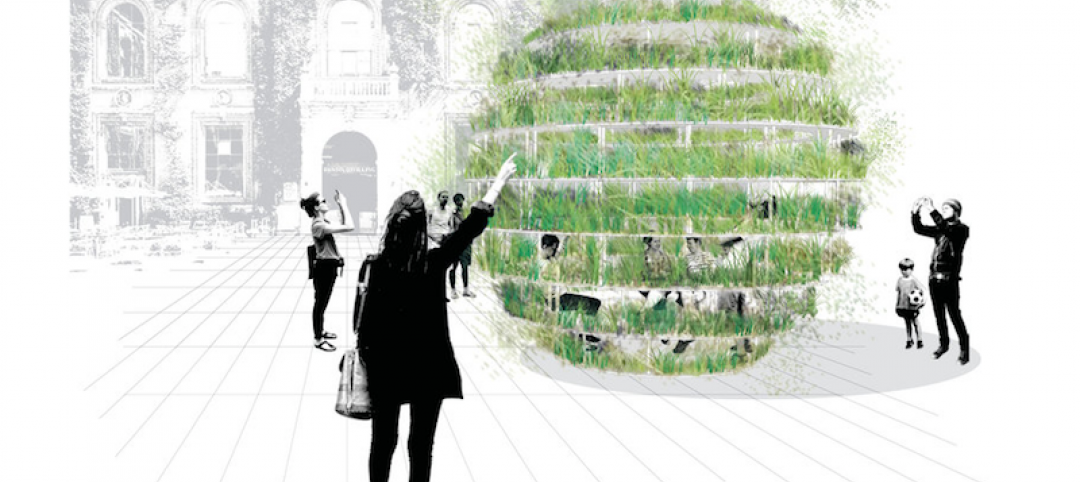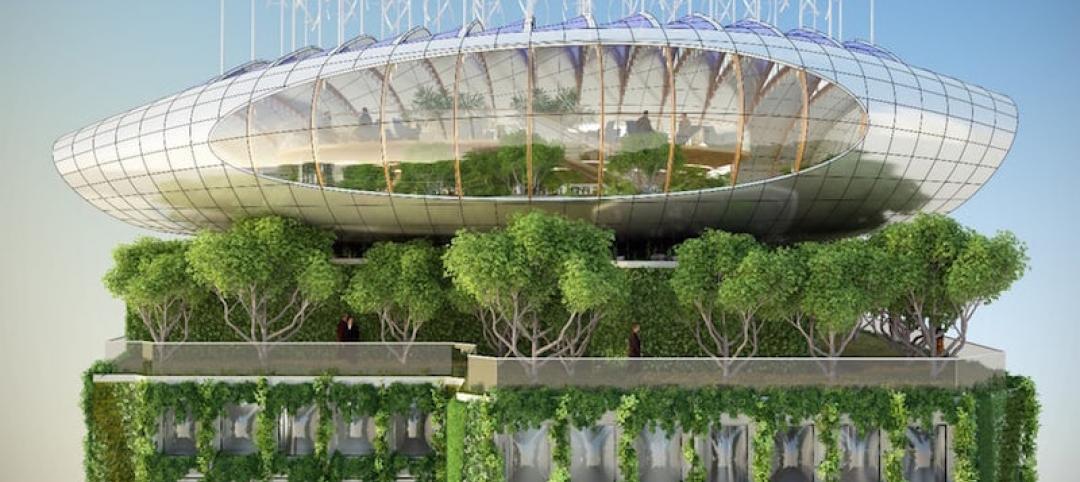The U.S. General Services Administration (GSA), and the U.S. Department of Energy (DOE) will invest $30 million from the Inflation Reduction Act to increase the sustainability of federal buildings by testing novel technologies.
The vehicle for that effort, the Green Proving Ground (GPG) program, will invest in American-made technologies to help increase federal electric vehicle supply equipment, protect air quality, reduce climate pollution, and enhance building performance. This year the GPG program has selected 20 emerging and sustainable technologies for real-world evaluation in GSA’s real-estate portfolio.
The number of technologies tested this year increased four-fold increase over previous years with added funding from the Inflation Reduction Act.
This year’s GPG program focuses on seven technology areas:
- Electric Vehicle Supply Equipment: Turnkey electric vehicle charging infrastructure from Loop Global, optimized charging through charge management software from bp pulse, a battery-buffered DC fast charger from ADS-TEC Energy, and vehicle grid integration (VGI) technology from General Motors LLC.
- Germicidal Ultraviolet technologies: Next-generation LEDs and Far-UVC light to disinfect air without increasing ventilation. The GPG program will evaluate technologies that support healthier buildings while reducing energy use from Far UV Technologies, R-Zero, and PURO (subsidiary of Applied UV Inc.) with the Academy Energy Group.
- Greenhouse Gas Accounting: Technologies essential to achieving 24/7 carbon-free electricity and net zero operational emissions. Cambio AI and nZero will aim to go beyond annual greenhouse gas reporting to operationally focused carbon management, including near-real-time 24/7 carbon-free electricity insights and impacts.
- Grid-Interactive Efficient Buildings: Delivering cost savings by leveraging technologies and strategies that provide continuous demand management and load flexibility. The energy management platform from COI Energy aims to optimize energy use through machine learning.
- High-Performance technologies: Helping reduce operational and embodied carbon emissions by evaluating automated aerosol-based duct sealing from Aeroseal; an Internet-of-Things (IoT) lighting system from Signify North America Corporation; and bio-engineered, low-embodied-carbon concrete from Biomason. DOE will seek commercial partners to validate Toggled, a plug load control solution, and a thermostatic radiator cover and hybrid electrification solution from Kelvin.
- Onsite Renewables: Technology essential to meeting the Administration’s net zero operational emission goals. The GPG program will evaluate an energy storage technology from Yotta Energy that is the size of a large laptop and installed in place of ballast beneath a rooftop photovoltaic system. The program will also pilot a wind turbine from Accelerate Wind that can be installed at the edge of the building roof and complement rooftop solar.
- Window Retrofit technologies: Help improve the performance of a building’s exterior envelope by evaluating three technologies: vacuum-insulated glazing from Pilkington; R14 interior window retrofit system from Vitro Architectural Glass; and, a secondary window framing system from Indow.
Some of these technologies will be tested at GSA’s Applied Innovation Learning Labs to identify replicable combinations of technologies that deliver net-zero operational emissions.
Related Stories
Sustainability | Oct 4, 2016
One World Trade Center officially awarded LEED Gold certification
The skyscraper received the certification despite a setback caused by Hurricane Sandy.
Industry Research | Oct 3, 2016
Structure Tone survey shows cost is still a major barrier to building green
Climate change, resilience and wellness are also growing concerns.
Sustainability | Oct 3, 2016
Gensler-designed auto dealership to become world’s first to reach net zero
Toyota of Corvallis has also joined a few other Toyota dealerships around the country to achieve LEED Platinum certification.
Sponsored | University Buildings | Oct 3, 2016
Enhancing university life: The smart shower bead
Residential spaces that need to meet high traffic demands while accommodating an ever-changing populace creates a unique set of obstacles for any educational institution’s housing.
Green | Sep 29, 2016
Building Design+Construction brings GreenZone Community Education Center to Greenbuild 2016
The structure will be donated to Compton YouthBuild for construction-training program.
Sustainability | Sep 29, 2016
Gloucester Cathedral to install commercial sized solar PV system on its roof
Mypower will install 150 solar panels on the roof, making it the oldest cathedral in the UK, and possible the world, with this type of solar power system.
Green | Sep 28, 2016
Green Business Certification Inc. announces 2016 LEED Fellows
LEED Fellows are best-in-class for green building design, engineering and development.
Sports and Recreational Facilities | Sep 26, 2016
Mercedes-Benz Stadium in Atlanta will be the NFL’s first LEED Platinum stadium
The Atlanta Falcons new home is expected to save 40% in energy usage than a typical NFL stadium.
Sustainability | Sep 22, 2016
Is ‘Growroom’ a glimpse into the future of urban agriculture?
Growroom’s spherical shape means it can also double as a covered outdoor public space.
Sustainability | Sep 19, 2016
Brussels’ Botanic Center apartment block looks to live up to its name with the addition of 10,000 plants and a rooftop “Chrysalis”
The project, which has been commissioned and is in the design phase, would eliminate CO2 and produce its own energy.




